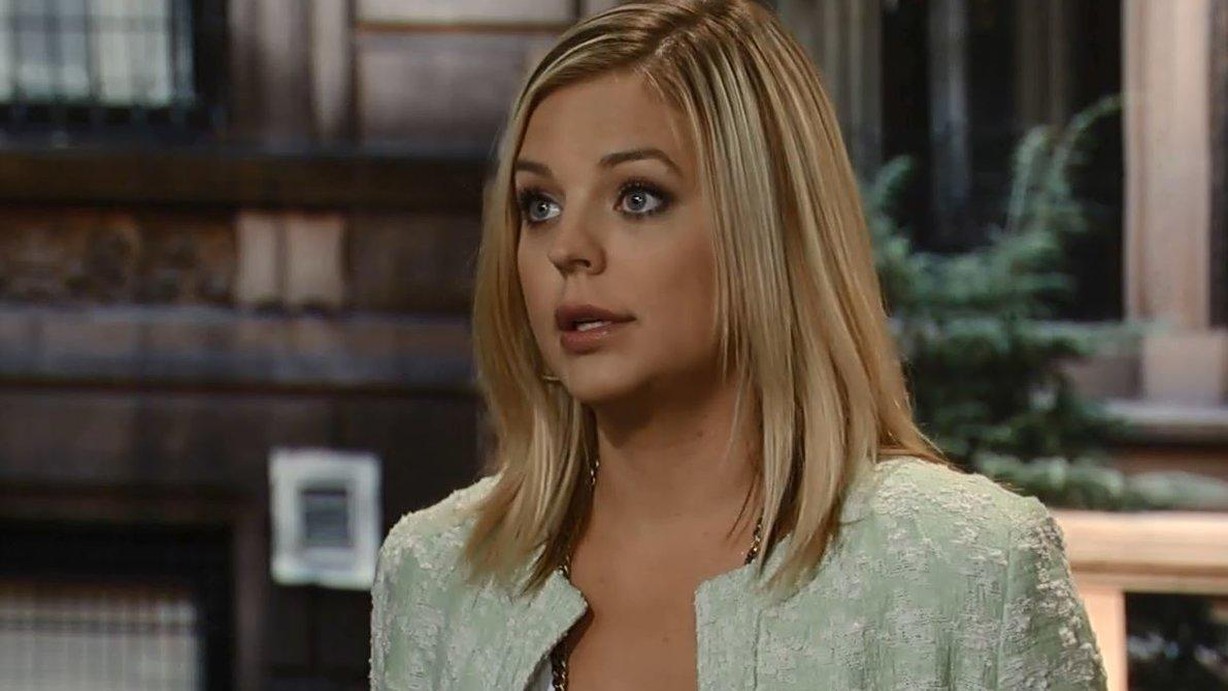


Not only did action adventure and science fiction plots infiltrate the narratives, but the styles and sensibilities of comedy, music video, and the fairy tale also made appearances. The pleasures of the ’80s soaps spoke to real desires and needs shared by a wide cross section of the American public.ĭaytime soap opera had been long invested in realist drama, but in the 80s many of daytime’s highest-rated serials took a fantastical turn. This is noticeable across soap history but especially so by the 80s. Attending to such shifts is more revealing of the programs’ institutional and cultural impact than is a perspective oriented around historical continuities. Multiple dimensions of the programs’ production and funding, their textual features, and their reception practices had changed by the early 80s. The shifts across the network era, magnified in the early 1980s, help us to see how variable the category of soap opera, and perhaps the ordering concept of genre itself, may be. Many of the soaps of this period were different from soaps of earlier eras, although not necessarily in ways that inherently improved their worth. That audiences beyond the housewife had become so invested in soap opera accorded it a new level of respect, but this respect assumed that 80s soaps were “better” than the daytime dramas of the past the soaps’ greater cultural legitimacy was dependent on a distancing from their feminized history. A surfeit of media attention to the wedding was paired with a boom in the merchandising of ancillary products such as soap-inspired T-shirts and board games, celebrities declaring their soap fandom, and large groups of college students gathering in communal campus spaces to watch the daily installments.

The 1981 wedding of Luke and Laura attracted the largest audience for a daytime soap episode in US television history. In the early 1980s, soaps became common cultural currency. Never again would soaps be as lucrative for the networks, or as prominently placed in the American popular imagination. Soaps remained profitable across this decade, but the gradual decline in their earning power from 1984 on would be permanent. By 1984, the networks’ yearly daytime revenues would reach their all-time apex, just shy of $1.25 billion in ad sales. The frenzy at the Annex typified the status of the US daytime soap in the early 1980s, with new technologies like VCRs, new social identities like “working women,” and new trends in soap storytelling, like the fantasy-filled exploits of young romantic pairs, helping daytime drama reach an unprecedented peak in profitability, popularity, and cultural legitimacy. The customers were working women and men, unable to see the soap during the business day, and drawn to a continuing drama featuring adventure, romance, even science fiction, as Luke and Laura, the “supercouple” at the center of the story, sought to stop the bad guys from freezing the world. Impressed by the turnout, the Annex even began playing back the week’s five episodes on Sundays, turning its “ General Hospital marathon” into a daylong event, accompanied by food and, when the episodes ended, live music to keep the party going. That evening during happy hour he would play the episode on the TVs of the Pierce Street Annex, selling drinks to the after-work crowd eager to follow the events in the fictional Port Charles, New York. With his new Betamax recorder, he would videotape General Hospital each weekday afternoon.

Will Dante be the one to find a link?īe sure to tune in as the juicy drama unfolds.In 1981, one Washington, DC, bar owner found a unique way to bring in customers. Nikolas (Marcus Coloma) is shocked by the next move Victor (Charles Shaughnessy) makes, but what will it be?īy mid-week, Heather Webber (Alley Mills) is under suspicion. Who will be on the receiving end of his wrath? Esme’s predicamentĮsme remains in the hospital while the PCPD works to prove (or disapprove) her work as the Hook Killer.ĭante (Dominic Zamprogna) is convinced that Esme has an alibi, but how far is he willing to go to prove it? Should she have told them, even if they didn’t tell Nina?Īt the end of the week, expect Michael to lose it and explode. There are also questions about how he will feel regarding Carly keeping Willow’s mother’s identity a secret. A post shared by General Hospital Willow and MichaelĪs Willow deals with the reality that her worst nightmare may have just come true, everyone is still reeling from the revelation that Nina is her mother.Īlthough Nina can literally save Willow’s life, don’t expect Michael (Chad Duell) to forgive Sonny or Nina anytime soon.


 0 kommentar(er)
0 kommentar(er)
